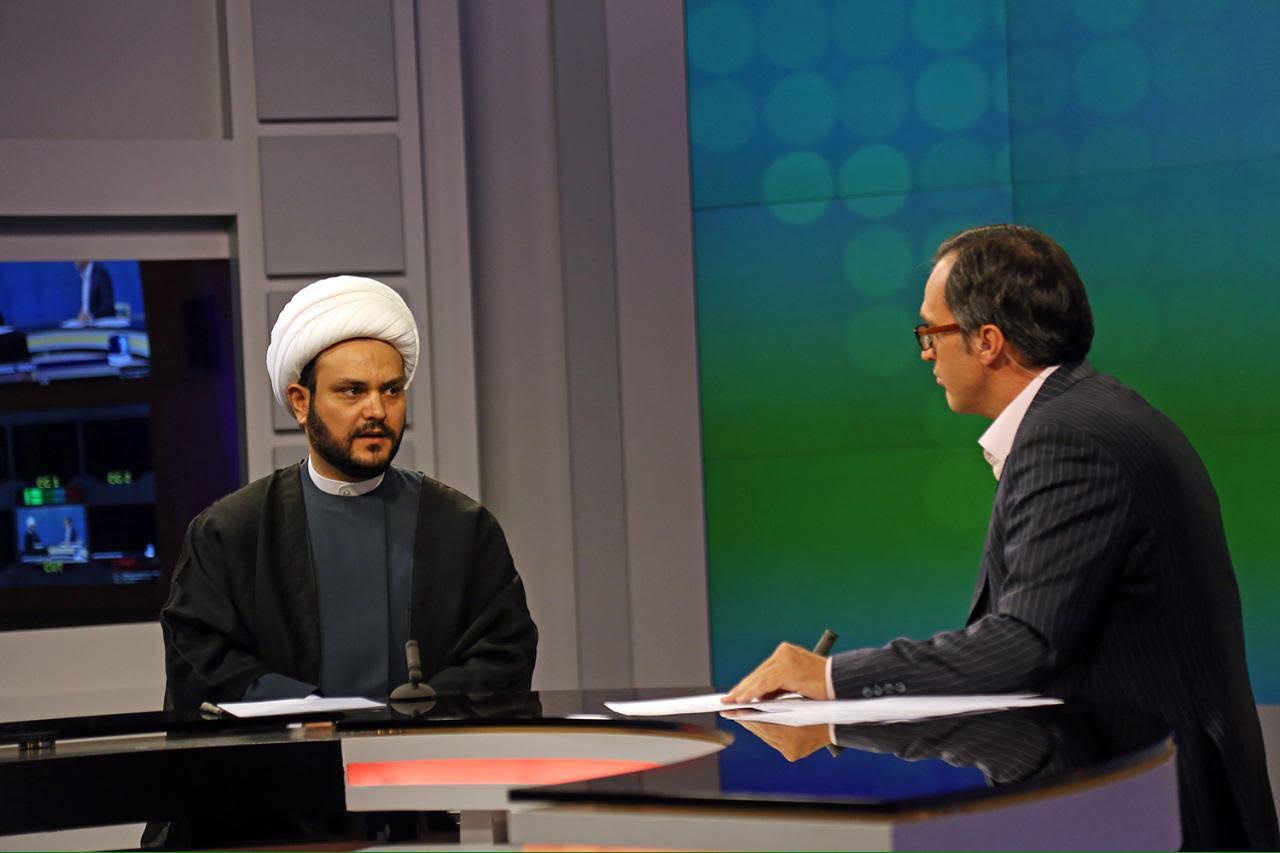
RNA – Shaykh Akram al-Ka’bi, Secretary-General of Iraq’s Harakat Hezbollah al-Nujaba [“Movement of the Party of God’s Nobles”] Islamic Resistance group, on Tuesday August 30th attended the studio of Press TV’s French version and stated: “The Saudi government which has occupied the Arabian Peninsula was been created by the aid of United Kingdom.”
He added: “Historically, there has never been a good relationship between Iraq and Saudi Arabia, especially since Saudis attacked Karbala, Najaf, and the Holy Shrines there and killed the people.”
Emphasizing on the Saudi ambassador to Iraq, Shaykh al-Ka’bi said: “Thamir al-Sabhan is a security figure rather than a political one who directly supports terrorist groups. His manners and endeavours are suspicious and we disapprove of his presence and the Saudi embassy’s in Iraq.”
He then remarked: “Saudi Arabia must be subject to international prosecution for its violation of human rights.”
al-Sabhan had called for the exclusion of the Popular Mobilization Forces, Shi’a paramilitary units, from Iraq’s campaign against Daesh.
The Iraqi Shi’a cleric blamed the United States for the military weakness in Baghdad adding, “The Americans tried to weaken the military system in Iraq after occupation of the country.”
Shaykh al-Ka’bi also noted the unity of the Islamic Resistance groups under the name of the Popular Mobilization Forces and stated, “We defend everyone in Iraq and our fight with Daesh is to defend justice and human rights.”
“Our Iranian brothers also helped and aided us in fighting Daesh,” he concluded.
R111/112/E